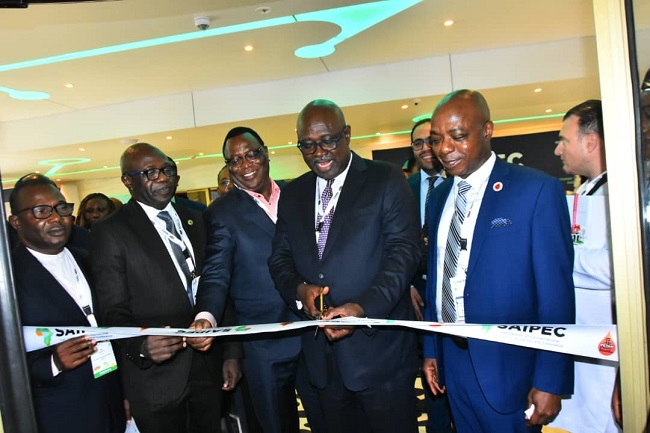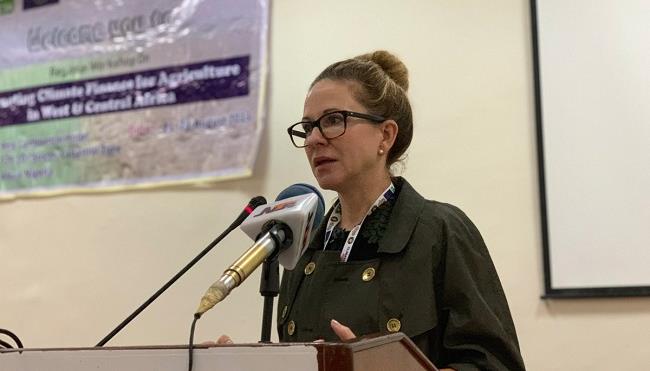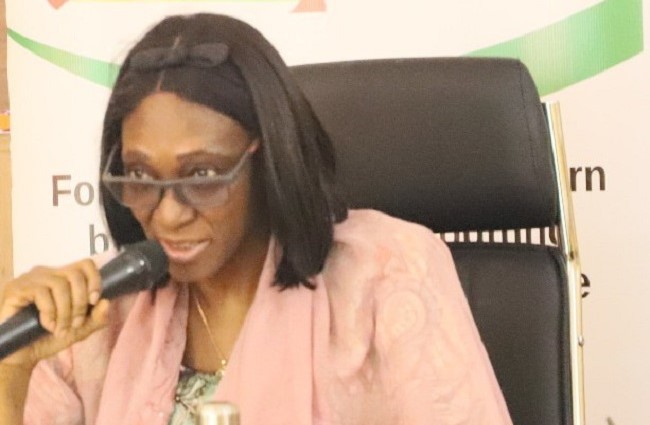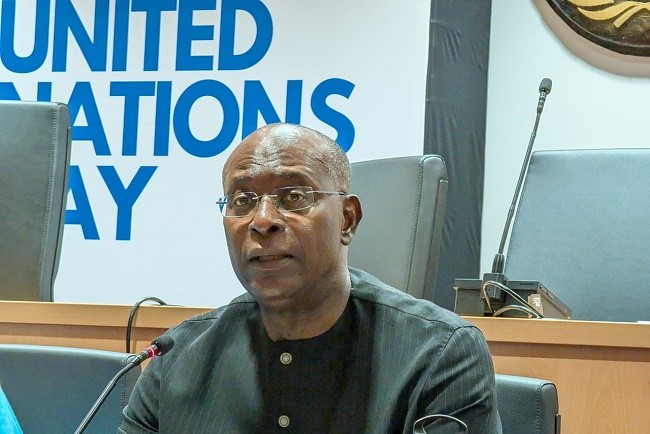As the official deadline passed on Monday, February 10, 2025, for countries to submit their revised Nationally Determined Contributions (NDCs) under the Paris Agreement, only 13 of the 195 parties did so.
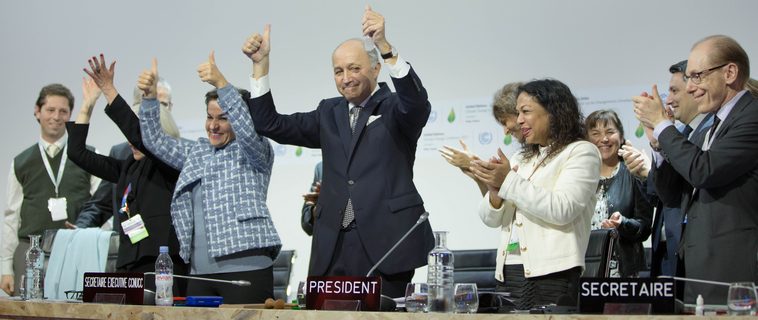
In a reaction, Tasneem Essop, Executive Director of CAN International, commented: “It’s shocking that only 13 out of 195 countries have updated their NDCs, with the majority of rich nations not submitting on deadline, exposing the alarming lack of political will for ambition under the Paris Agreement. We recognise that developing countries would need robust, grants-based public funding to deliver real additional climate ambition.
“Bold targets alone won’t cut it; NDCs must be backed by the resources needed to make them a reality. For COP30 to be a true turning point in climate action, this new round of NDCs must restore confidence and drive a transformative and just transition – one that leaves no one behind.”
Under the Paris Agreement, every country must update its national climate action plan every five years. These NDC plans outline how nations intend to reduce emissions and adapt to climate impacts to limit global warming to 1.5°C above pre-industrial levels. This year’s submissions should extend their new NDCs to 2030 and outline new objectives for the period up to 2035, setting the tone for a decisive decade of climate action.
The countries that submitted their NDCs on time include Andorra, Brazil, Ecuador, the Marshall Islands, New Zealand, Singapore, St. Lucia, Switzerland, the UAE, the UK, Uruguay, the USA, and Zimbabwe. Among the developed countries yet to submit their NDCs is the European Union, which has indicated it will not do so until September, just weeks before COP30 in Brazil.
David Knecht, climate expert at Fastenaktion Switzerland, said: “The next Nationally Determined Contributions (NDCs) must catalyse community-driven development. At the same time, the NDCs 3.0 need to include concrete fossil fuel phaseout plans, as agreed upon in Dubai, and we expect developed countries to lead on this, as well as on providing direly needed grant-based finance for the global transition. To signal to the world what is needed, countries must speed-up and present soonest NDCs that set the highest expectations.”
Fernanda Carvalho, WWF Head of Policy for Climate and Energy, said: “Nationally Determined Contributions (NDCs) are more than just numbers on mitigation, although numbers are a crucial element. We expect countries to submit NDCs that will collectively deliver 1.5°C alignment and climate justice before COP30. It’s now or never for the planet.”
Climate Action Network has called on developed and rich countries to urgently submit their NDCs in line with 1.5°C pathways and for them to be grounded in climate justice.
As CAN has previously outlined in its Guidelines and its letter to the Troika, for the NDCs to be truly transformative they must:
- Include ambitious commitments in the energy sector as part of countries’ plans to transition away from fossil fuels, halting the destruction of ecosystems, and other plans for vulnerable sectors.
- Enable a just transition for communities and workers, with robust social protections.
- Prioritise equity and transparency, ensuring climate plans are developed inclusively with civil society and local stakeholders.
However, many of the world’s largest emitters have cited technical issues, economic pressures and political uncertainty as reasons why they have not been able to meet the UN deadline.
EU officials said the bloc’s lengthy process for approving new legislation made it “basically impossible” to meet the deadline.
China has not confirmed when it will release its climate plan.
Unnamed Indian officials have said they are in “no hurry” to release the nation’s NDC and might submit it in the “second half of this year”, according to the Indian Express. They added that India’s NDC will “reflect the disappointment of the climate finance outcome at COP29 in Baku”, a “hint” that it is “unlikely to be a significant or ambitious upgrade of climate actions”.
Canada, Japan and Indonesia have all released draft versions of their 2035 climate plans, but have yet to submit them to the UN. Canada’s plan has faced criticism for setting an emissions pledge that is less ambitious than what its official climate advisors recommended.
Russia has not made any public comments about when it will release its new NDC. Its last major climate update came in 2021, when it pledged to reach net-zero emissions by 2060.
Australia has indicated it will delay the release of its NDC until after the country’s election in May, “in part due to uncertainty about the ramifications of the US presidential election”, the Guardian reported.
At the COP29 climate summit in Azerbaijan in 2024, a group including Canada, Chile, the EU, Georgia, Mexico, Norway and Switzerland pledged to release “1.5C-aligned” NDCs, but did not offer details on how this would be achieved or commit to meeting the February deadline.
Please use the sharing tools found via the share button at the top or side of articles. Copying articles to share with others is a breach of FT.comT&Cs and Copyright Policy. Email licensing@ft.com to buy additional rights. Subscribers may share up to 10 or 20 articles per month using the gift article service. More information can be found here.
https://www.ft.com/content/021e3888-859e-412d-a043-8a8162ee58b1
Officials in Mexico – where a new government led by climate scientist Claudia Sheinbaum came to power last year – said it would seek to submit its target around mid-year. South Africa said it aimed to have a new climate plan by around September.





